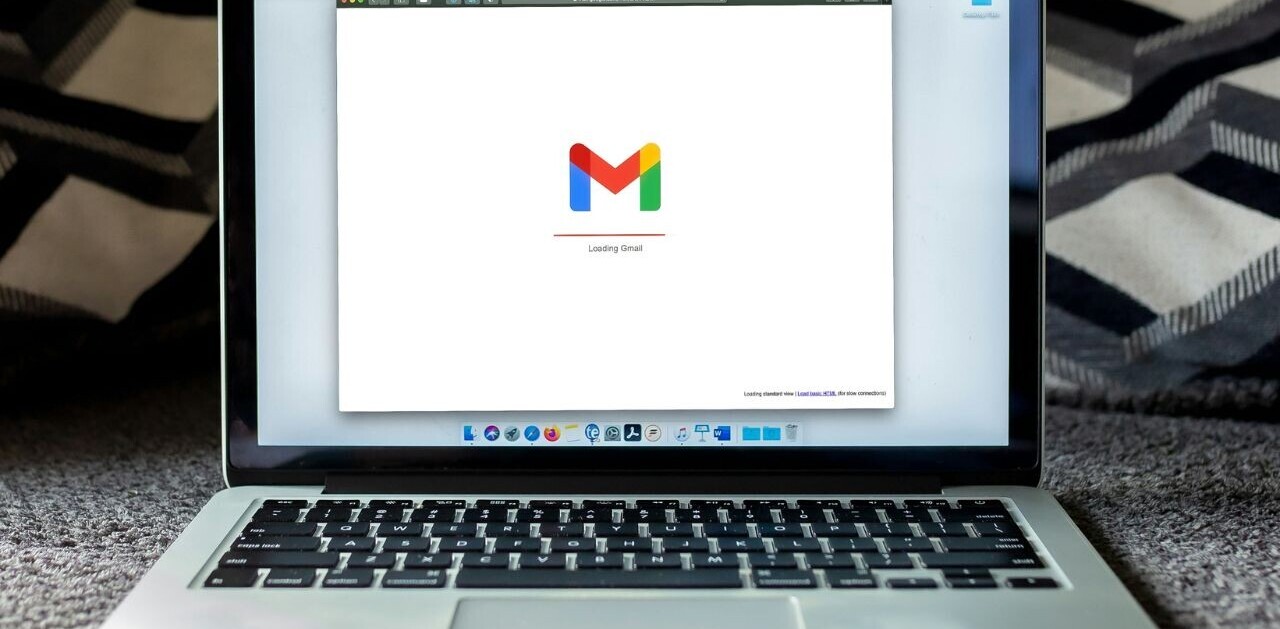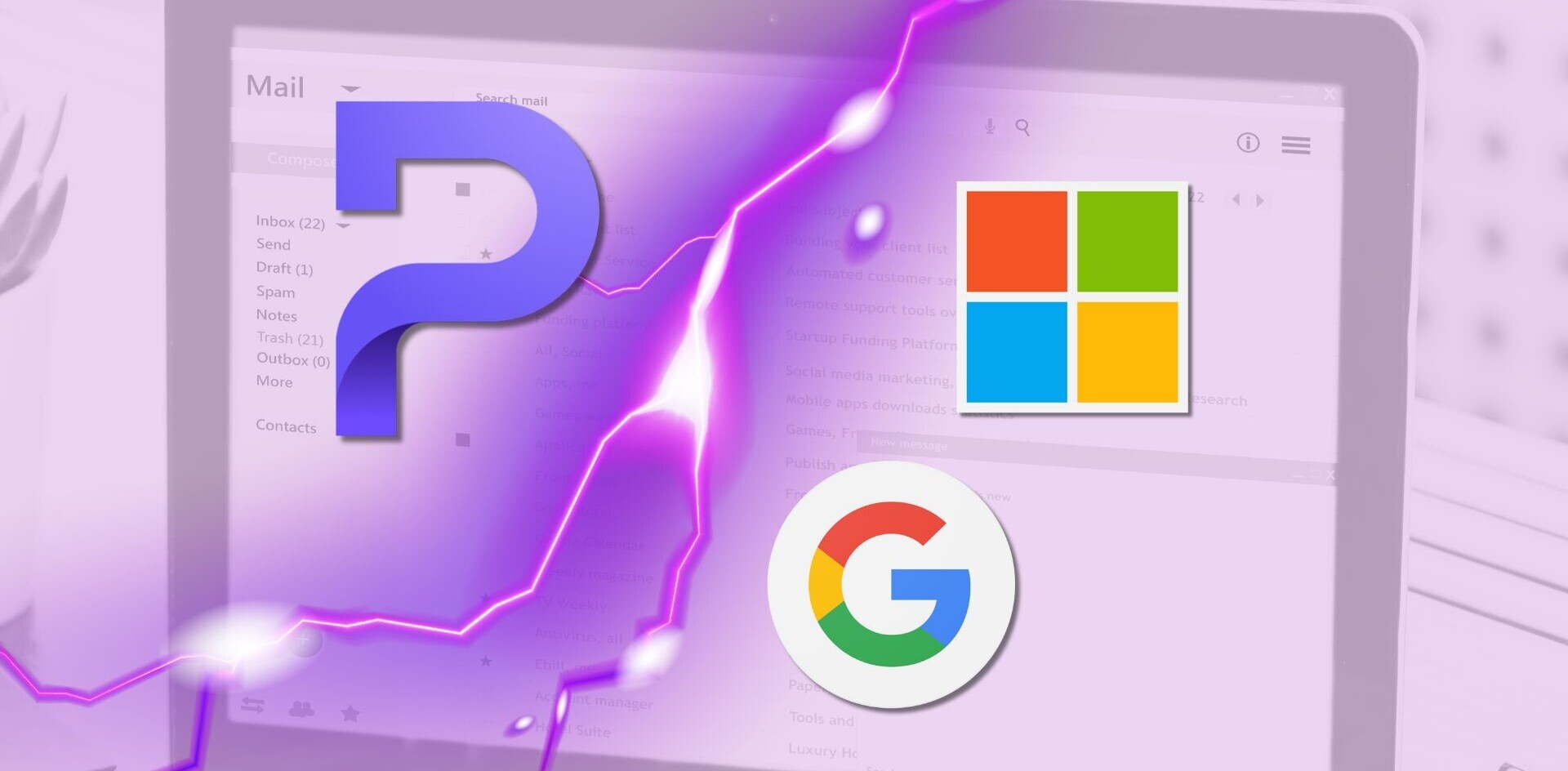
Four days ago TNW penned a short article pointing out that while Google sat on the iOS sidelines, and Apple’s new mapping tool caused mayhem among its userbase, Bing was in a rather unique situation of having the comprehensive map app on the platform, which many need.
That opening, combined with the fact that Bing is hungry for mobile market share – its own platform, Windows Phone, controls around 2% of the smartphone market – made for what felt like a beautiful opportunity for the search engine and its parent company to make user inroads in a hurry.
However, when pressed, Bing had a comment so dull that it left us all wondering if it was even cognizant of the opportunity in front of it:
Bing has a solid existing experience for iPhone customers. We don’t have anything to share about future plans or updates.
Happily, today Bing upped its efforts to court iPhone users disgruntled with what Apple has built for them, and dejected that Google has yet to swoop down and save the day.
From its post out today [Formatting/Bold: TNW]:
It’s the time of year when new phones are hitting the market. You may be holding a brand new smartphone and wondering which apps have the essential search and mapping functionality you need. Well, you’re in luck because Bing has you covered. For years we’ve put a lot of work into helping people find what they need so they can get more done.
With the Bing App for iPhone, we can help you find what you need and help you get there – whether it’s down the street, on the other side of the world, or somewhere in between. We make it easy, too. Just tell Bing what you are looking for with voice-activated search – even addresses- when you need to be hands-free, and let Bing do the rest.
Naturally, the post goes on to flag that Bing can, in fact, handle public transit queries.
The app does more than just mapping, being a full mobile Bing experience, but it’s also strong in helping you get around. Windows Phone users can attest that the Bing mapping tech is more than usable.
Is it better than Google’s offering? I’ve bounced between the two and have found each to be competent. I think that Google’s maps has more data that you can interact with, while Bing’s maps can be a touch easier to read on a mobile device. Whatever the case, neither have clouds over Scotland.
Its blog post is a tepid way to press what could be a real market shift for Bing, but at least it’s a start.
In other news, Baidu is also taking aim at iOS, given the current mess. C’mon, Bing!
Top Image Credit: Robert Scoble
Get the TNW newsletter
Get the most important tech news in your inbox each week.




